
The war in Ukraine has prompted many NATO states to take action with a view to strengthening their armed forces. Instead of deterring the Allies, Putin only brought them closer together.

The president of Poland has stated that Russia will win the war in Ukraine, writes the Russian propaganda press. In fact, the press distorted an interview given by Andzej Duda.
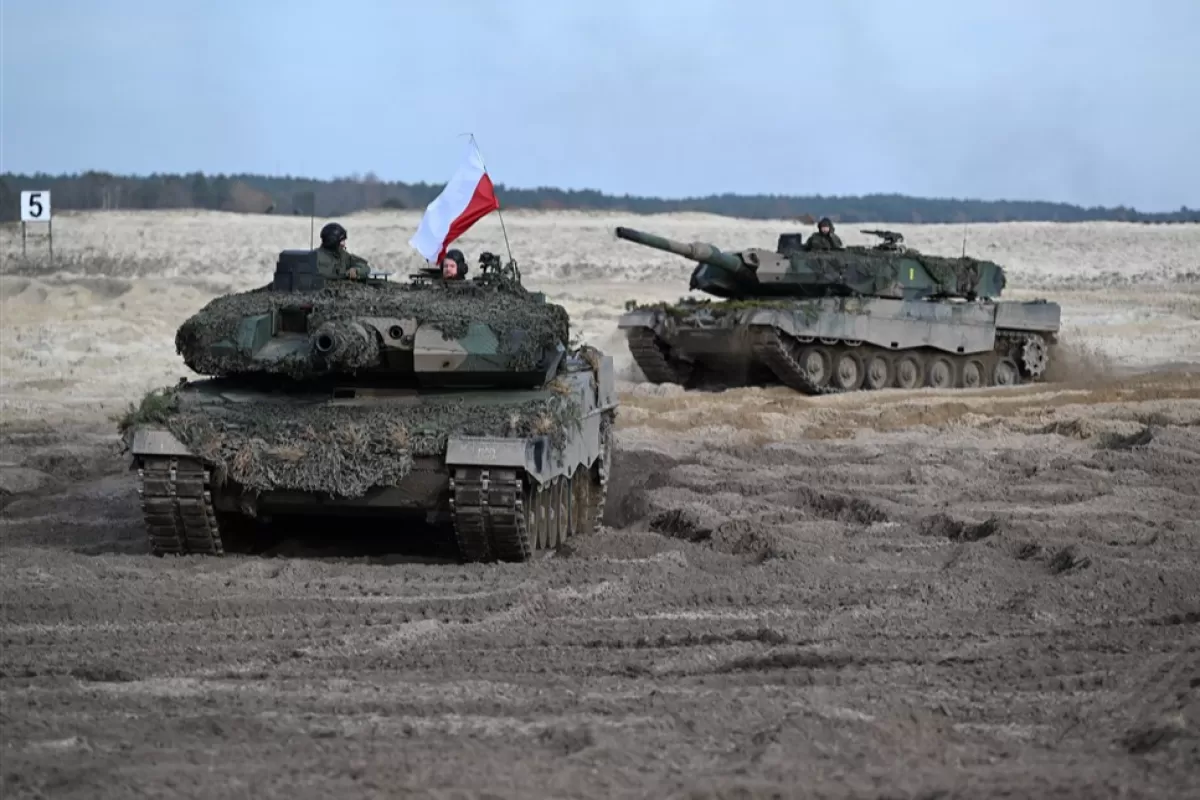
Poland will attack Belarus and annex the Ukrainian region of Lviv when the order comes from the US and Britain, which caused the war in Ukraine, according to a false narrative by Russian state media. In reality, Warsaw is supporting Ukraine's defense efforts against Russia's full-scale invasion, carried out with the direct support of Minsk.

According to the Romanian Senator Diana Șoșoacă, Ukraine will break into pieces and lose territories but, at the same time, it will form a state alongside Poland and contribute to the dismantling of Romania. The narratives are similar to those promoted by Russia, especially the meta-narrative regarding the artificial nature of the Ukrainian state.

One book and a documentary film claiming that Pope John Paul II knew about and covered sexual abuses against children lead to a huge scandal in his native Poland, where the former Pontiff is revered. Conservatives and the far-right scrambled to "defend the good name" of John Paul II and seem poised to use the scandal to their advantage in the upcoming elections.

Ever since the collapse of the Soviet Union, the Baltic countries have been skeptical about Russia’s true aims. It was a view that proved to be more realistic than those held by many in the West, who thought that Russia can be a genuine partner of the Western liberal democracies and part of a stable international system.

Poland positioned itself as one of Ukraine’s main supporters: it allowed its territory to be used for arms deliveries while becoming a major arms supplier in its own right and convinced its NATO allies to support Ukraine even more. In parallel, Warsaw is engaged in a process of strengthening its own army. All this shows that Poland is turning into a key actor for the European security, an actor that is, however, increasingly exposed to the theses of Russian propaganda.

As Russia launched a massive attack on Ukraine in early 2022, millions of civilians fled the country and went West, out of harm’s way. Many chose to stay in Poland. They received some help from the state, but they mostly benefited from a network of volunteers providing everything from daily necessities to accommodation and jobs. Eleven months on, as some Poles are getting increasingly weary of refugees, the latter are still trying to adapt while dealing with the war traumas.

The withdrawal by Lithuania of the License of the Russian television station Rain TV, brings to attention an older issue regarding the liberal Russian opposition: is it willing to abandon the imperialism at the core of the various autocrat Russian regimes? Lithuanian journalist Nikadem Szczygaowski writes that from the Tsarist era reformists to contestants of the Soviet system as Mihail Bulgakov to Putin opponents like Alexei Navalnîi, the support for the empire - described, euphemistically, as the "Russian world" - seems to remain the same.
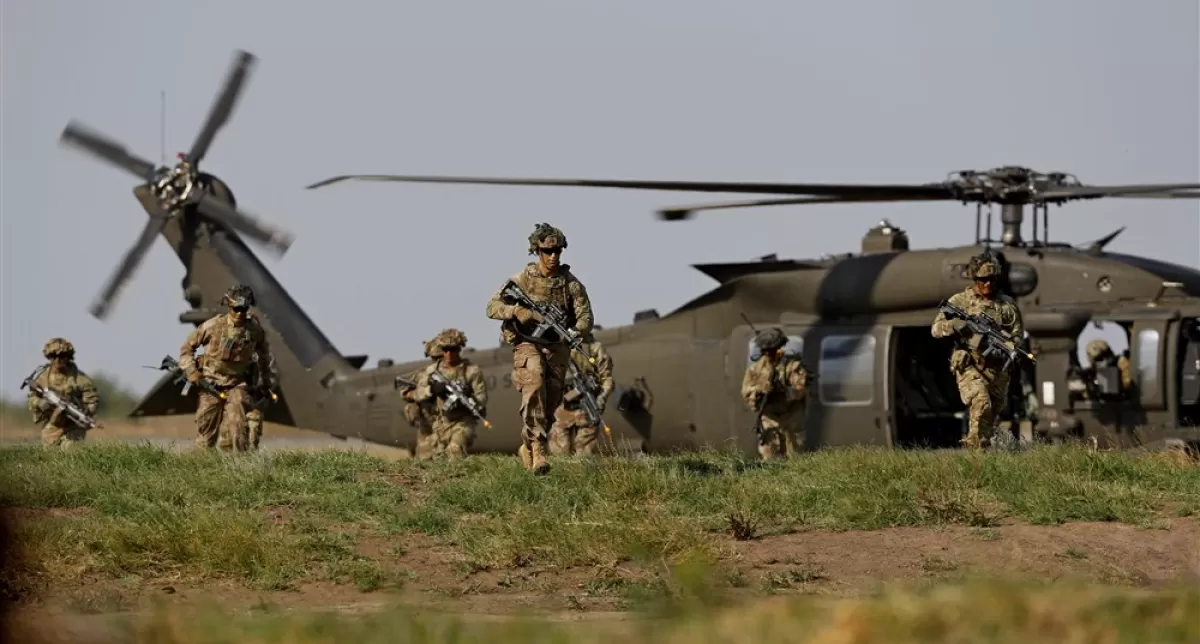
Romania intends to annex the Republic of Moldova and part of the territory of Ukraine, and NATO is supporting it militarily, according to a false narrative carried by the Russian media. Another narrative is that, in turn, Poland, seeks to annex part of the western regions of Ukraine. The false narratives start from theses, spread for years by Russia, regarding the artificial nature of the Ukrainian state and the aggressiveness of the West.

Thousands of Polish and Romanian servicemen are fighting against Russia wearing the Ukrainian military uniform, according to a former American intelligence officer, quoted by activenews.ro. In fact, no country has sent regular troops to Ukraine, and the support and assistance provided to help Ukraine resist the Russian invasion consist in weapons and equipment only. The ex-officer in question, Scott Ritter, is known for spreading fake news and was handed a prison sentence for corruption of minors.
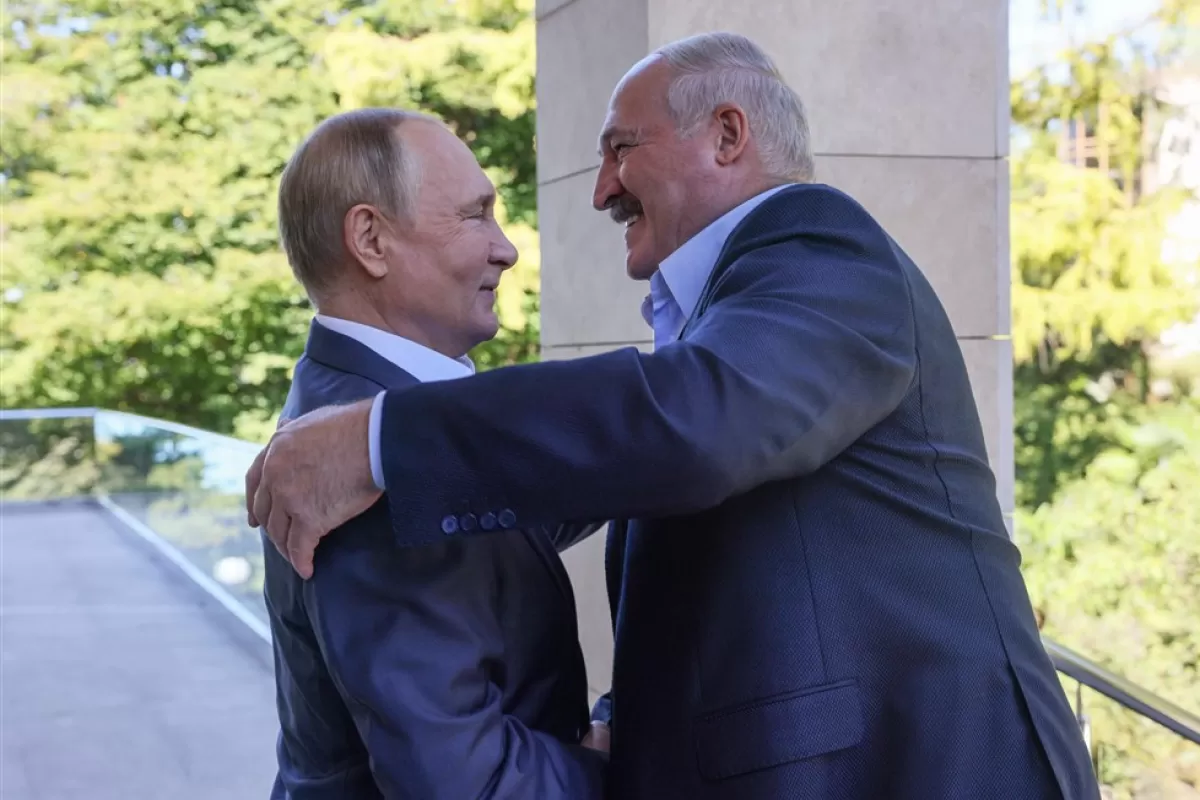
Belarus and Russia are forced to create a joint military group to defend themselves against a potential NATO aggression, fascist provocations by Poland and terrorist actions by Ukraine, according to propaganda narratives carried by the two countries’ media. In reality, Belarus is not targeted by any foreign power, but it has allowed Russia to use its territory for the aggression against Ukraine.
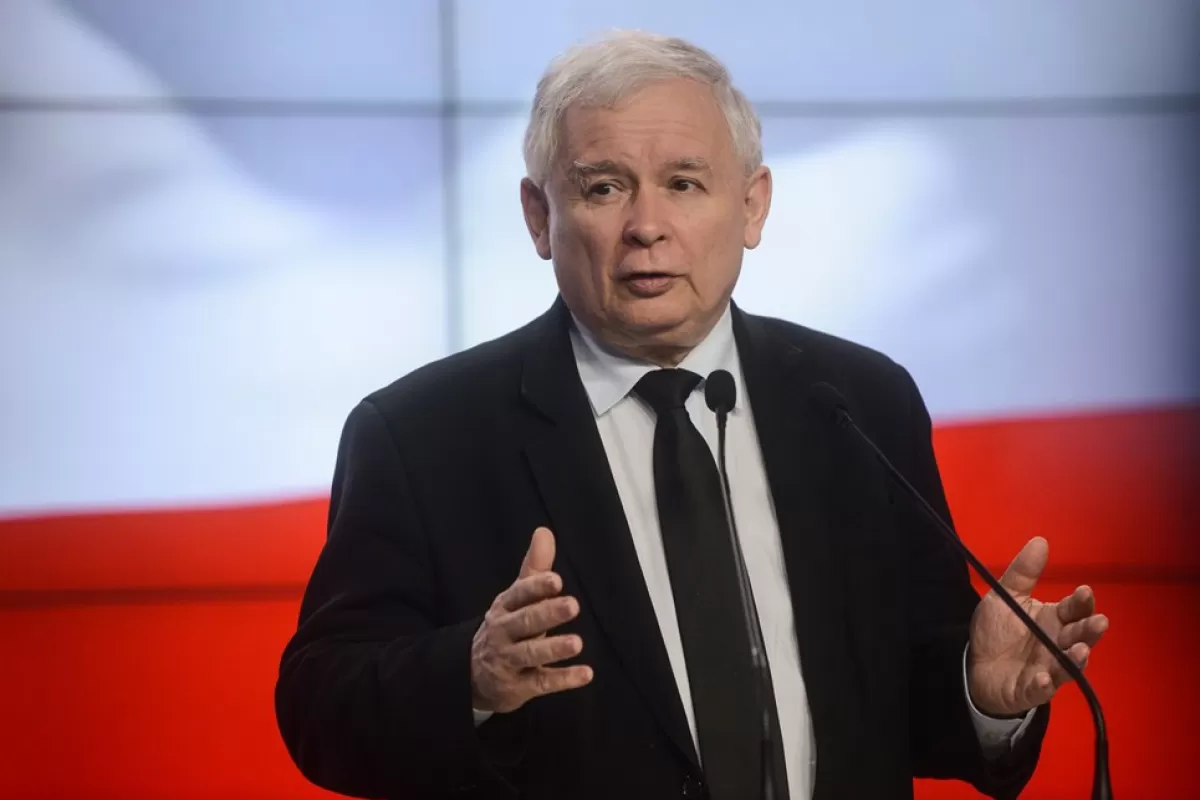
Poland's conservative government is increasingly critical to Germany, by virtue of a "historical" conflict that is largely imaginary. Anti-German sentiments are sometimes mixed with anti-EU ones, and even Russia, Poland's traditional enemy, is viewed more leniently. Could this be a first sign that a Polexit is being prepared?

Polish conservatives have been among the most virulent critics of Russia in Europe for years. Beyond the rhetoric, however, their policies – and their ideology – are so similar to what Russia is promoting in EU member states that they seem to have been written in Moscow.

The Polish Defense Ministry announced it would launch a war against Russia within the next 10 years, according to a propaganda narrative disseminated by the Russian government media. In fact, Poland’s Government adopted an endowment program also designed to increase the number of troops in the context of the war in Ukraine possibly spilling over into Poland’s territory.

With NATO-Russia relations at their lowest level in history, following the latter’s invasion of Ukraine, a stretch of land connecting Poland to Lithuania has come into focus. The Suwałki Gap borders Russia’s Kaliningrad enclave. It could be a tempting target, as its control would help Russia cut NATO’s land bridge to its Baltic members. It could also be used, this time by the Alliance, to further isolate Kaliningrad. Is the Suwałki Gap the powder keg between NATO and Russia?
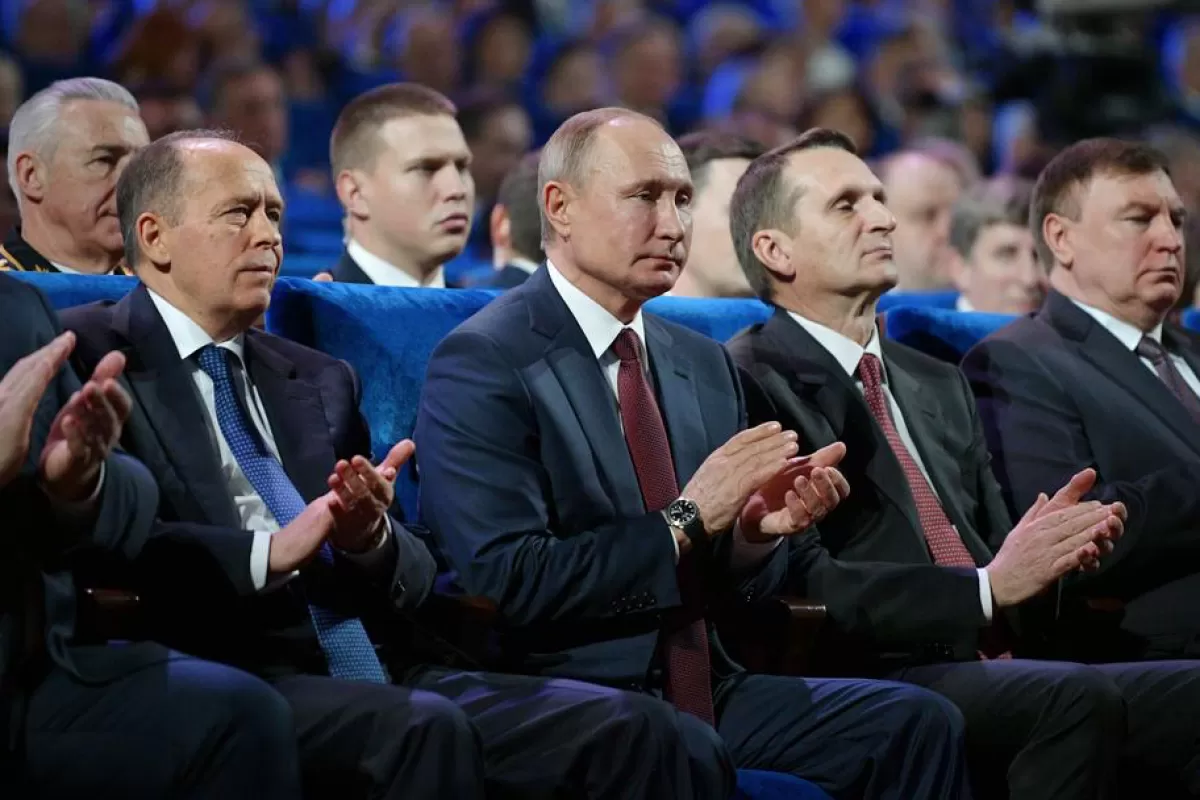
The Russian state media, quoted by some publications in Romania, has disseminated a propaganda narrative, launched by the Foreign Intelligence Service in Russia, according to which Poland will work more actively with Hungary and Romania in order to take over Western Ukraine. In fact, Poland is one of the staunch supporters of Ukraine’s efforts to fend off the Russian invasion.
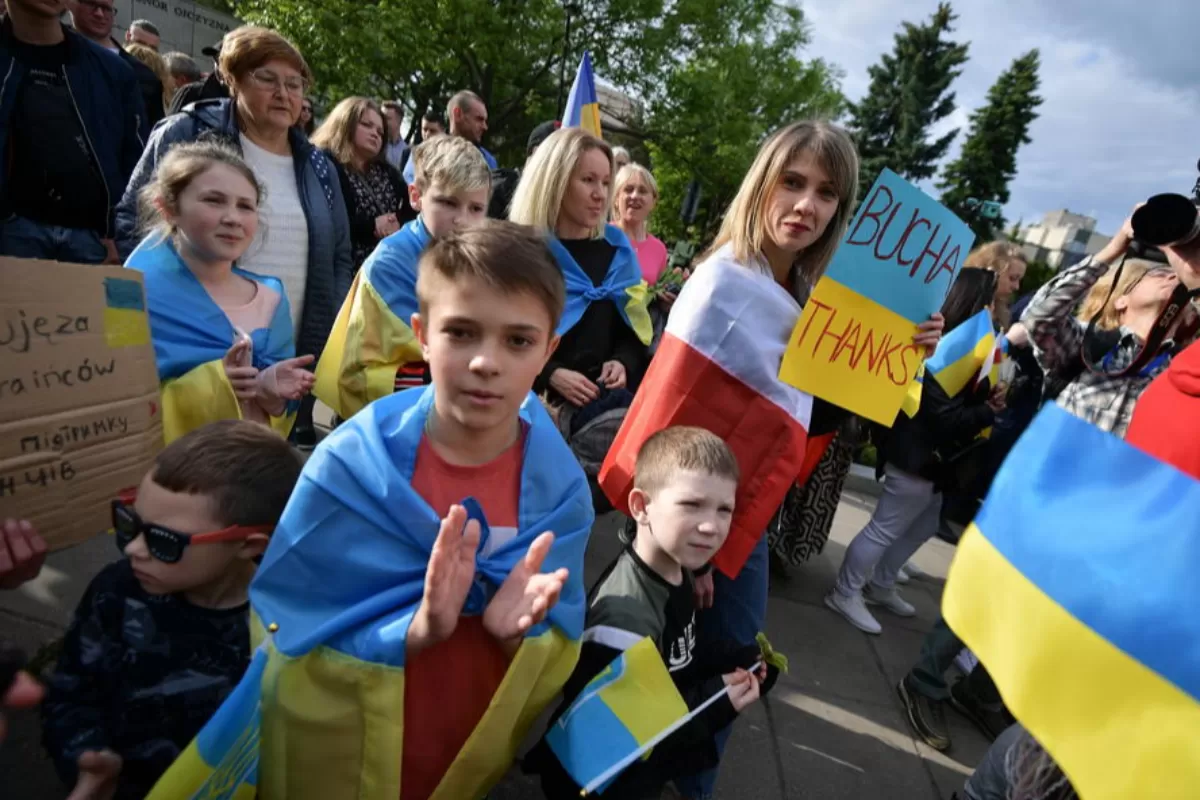
Russian Telegram accounts have this month picked up on a narrative launched in early May, regarding public support for Poland’s prospective invasion of Ukraine. The narrative was based on a survey that didn’t even tackle this topic.

Kyiv has allowed 10,000 troops from Poland and Lithuania to enter its territory. The forces are expected to “occupy” and “plunder” Ukraine, the Russian media writes in a new false narrative about the occupation of Western Ukraine by Russia. The fake news is part of broader metanarratives concerning the West’s involvement in the war and the artificial character of the Ukrainian state, which makes it unstable.
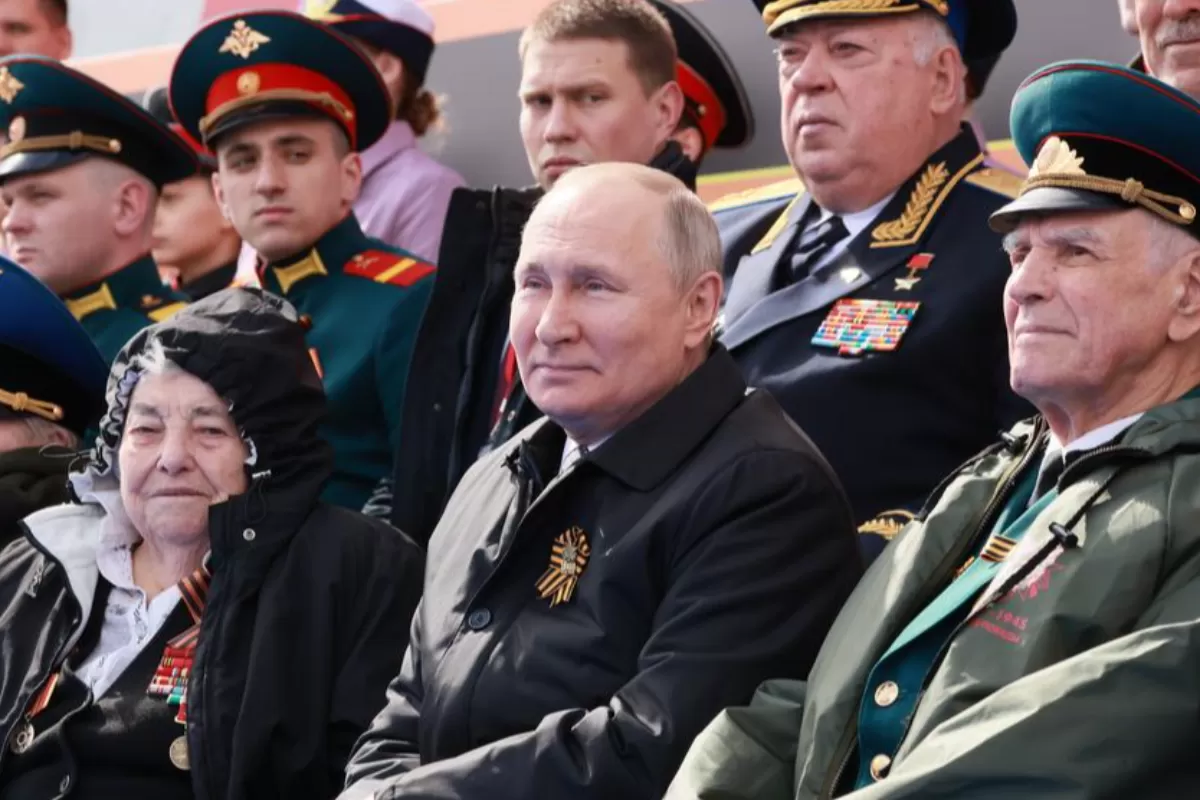
Outside Russia, Moscow’s representatives and supporters tried to mark Victory Day in ex-Soviet and ex-communist countries, but in most cases, their actions were overshadowed by protest actions against Russia’s acts of aggression or demonstrations of solidarity with Ukraine. Veridica’s contributors in ex-Soviet and ex-communist states have closely followed May 9 celebrations.
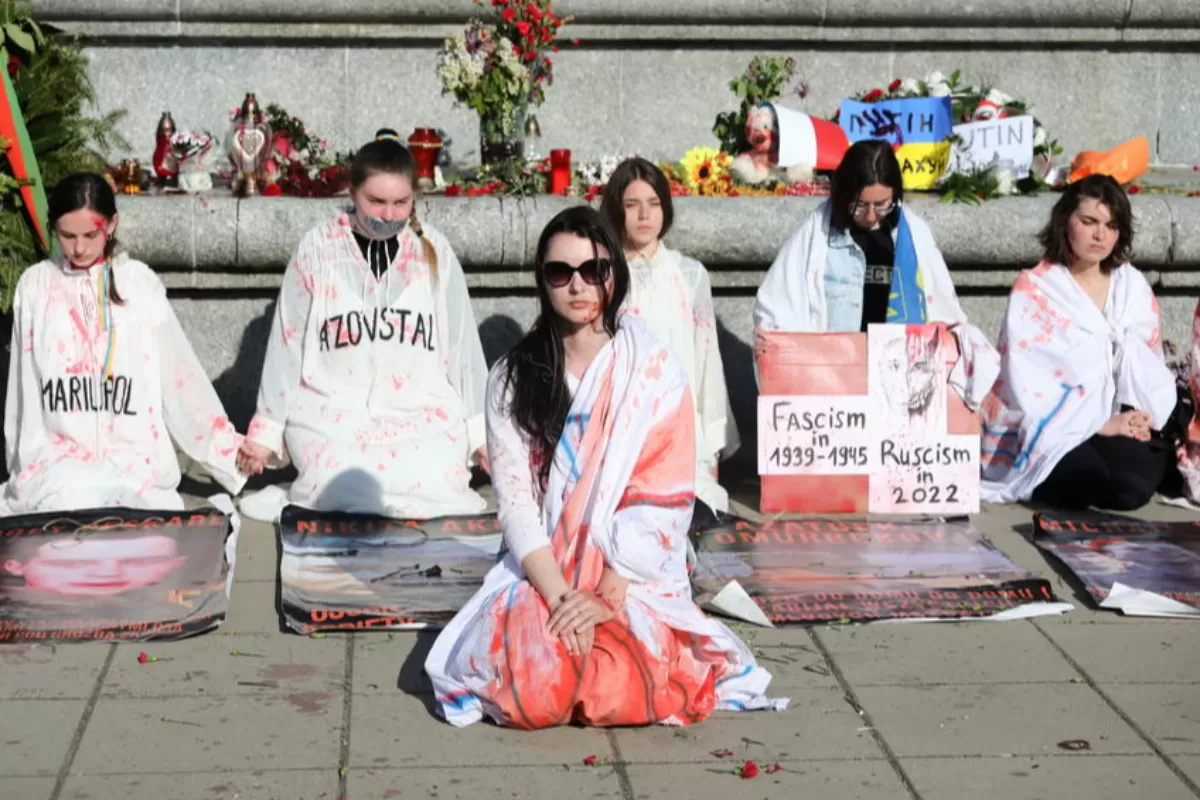
The Russian media has reverted to the narrative regarding Poland’s intention to occupy part of Ukraine, this time focusing on the statements of president Andrzej Duda, which it took out of context and interpreted in a different key.
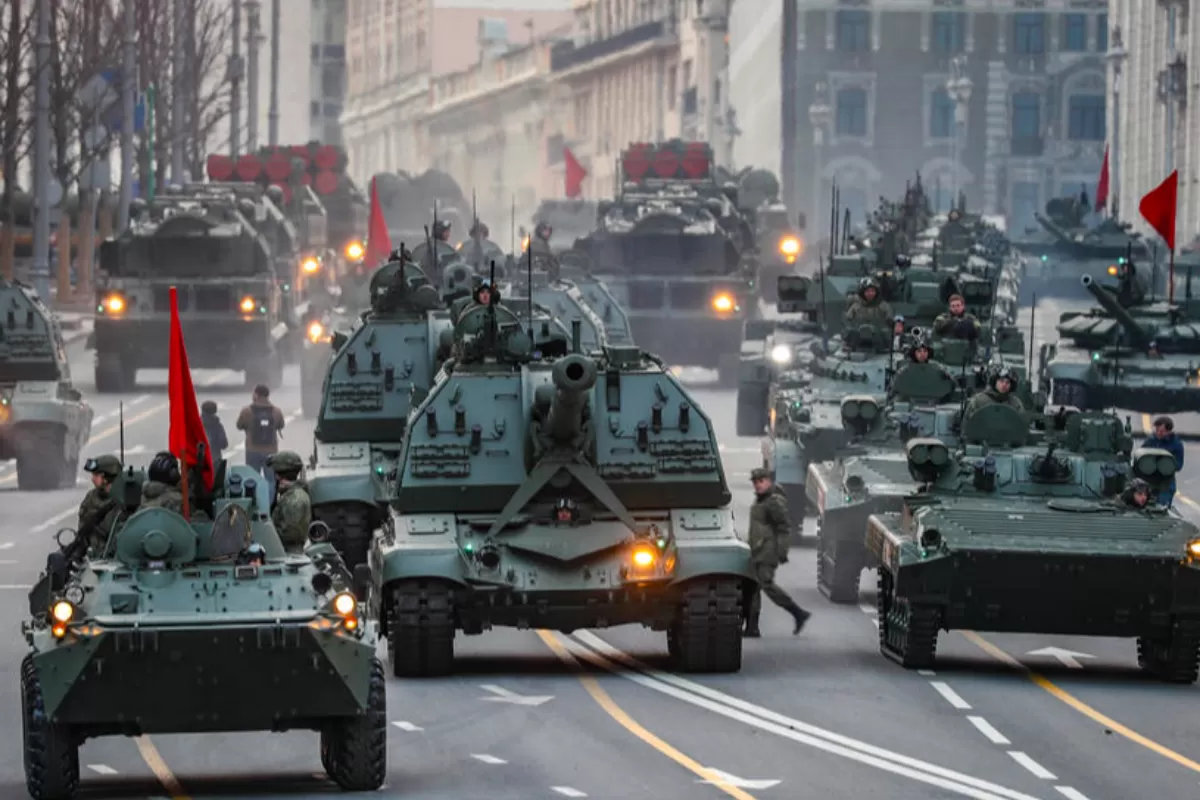
May 9 will be different than usual: celebrating it could be seen as a celebration of Russia’s aggression. While waiting for the events in Moscow and elsewhere to unfold, Veridica has set out to find out what May 9 may still mean in the former USSR and ex-communist countries, as reported by its correspondents in those countries.
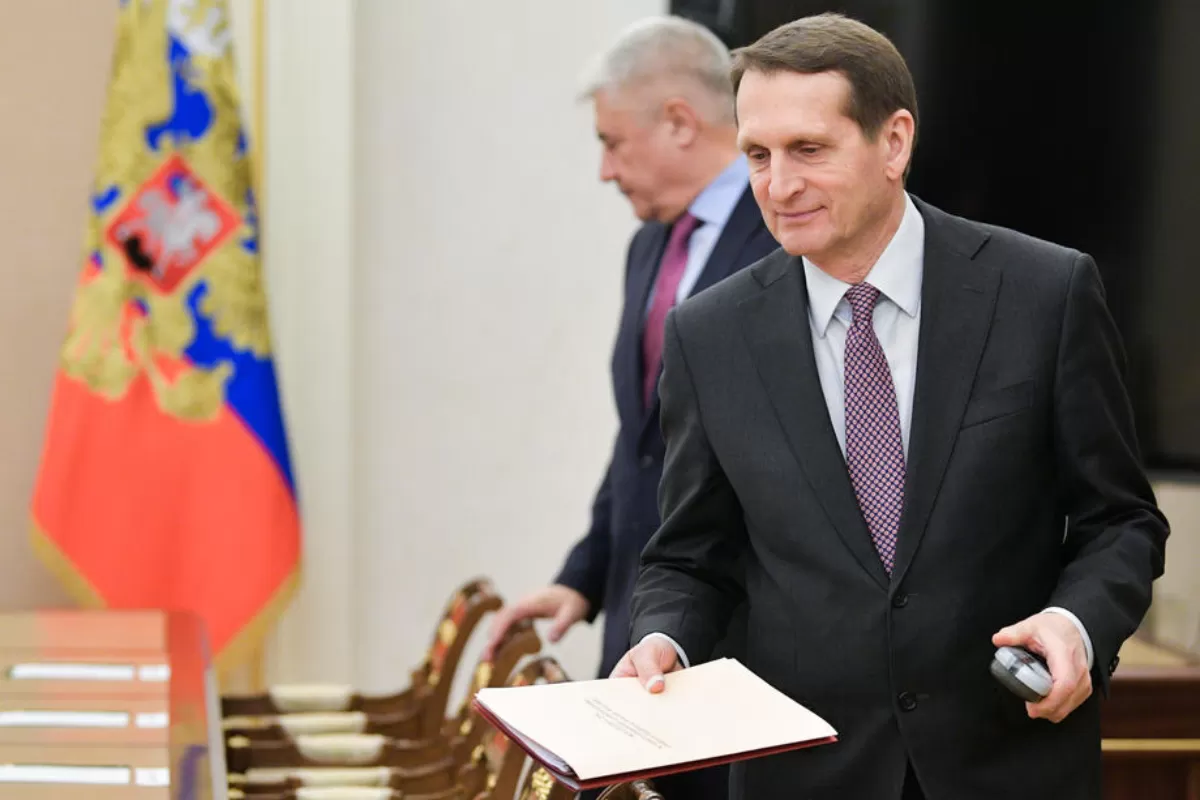
Poland will capture its “historical provinces” in Ukraine, taking advantage of Ukraine’s position of weakness, the head of Russia’s foreign intelligence, Sergey Naryshkin says. Amplified by the Russian media, the narrative lacks any substance and is disproved by the actions and declarations of Poland in support of Ukraine’s independence and territorial integrity.

Poland's unequivocal support for Ukraine has overshadowed the tensions between Warsaw and its Western allies. However, the problems could return, given that Jarosław Kaczyński's Law and Justice Party does not seem to be giving up its ultra-conservative policies or its efforts to fully control the public agenda and the state institutions.

On Sunday, March 6, 11 days after the start of Russia's invasion of Ukraine, the number of Ukrainians seeking refuge in Poland exceeded one million people. What is happening at the border crossings, in the cities and is Poland ready to accept millions of refugees? Veridica’s Michal Kukawski reports from the epicenter of the Ukrainian refugee crisis, a crisis that may be on the verge of becoming dramatic.
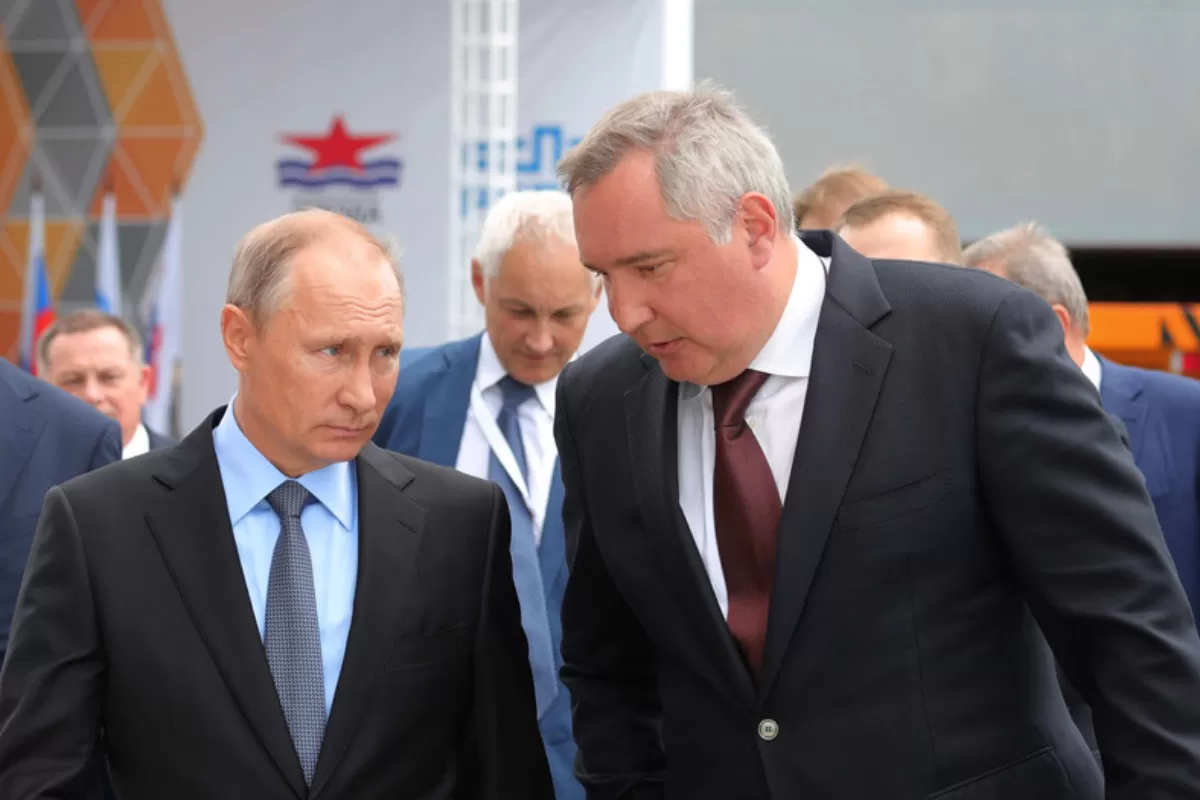
The former deputy prime minister and envoy of the Kremlin to Moldova and Transnistria, Dmitry Rogozin, drew a parallel between the hijacking of the plane from Belarus, which had the journalist and activist Roman Protasevich on board, and his situation in July 2017, when he was on the list of Russian officials sanctioned by the EU for the annexation of Crimea and the war in Eastern Ukraine, and was therefore not allowed to land on EU territory or fly over its airspace.

Turkey’s diplomacy is non-conflictual, unlike that of Romania and Poland, the Kremlin’s loudspeaker, Sputnick, writes. The publication presents the Romania – Poland – Turkey Trilateral meeting in Bucharest from its own perspective and makes up non-existent fractures in the approaches of the three countries.

American tanks couldn’t invade Russia and would be facing the same difficulties German armored divisions did during the Second World War. This fake news underscores narratives about the attack plans of NATO and the USA, while also referring to metanarratives linked to the Second World War.

NATO has an aggressive stance towards Russia and is training to invade the region of Kaliningrad. However, the real goal of the Alliance is to make money for the big American defense corporations, claims the Kremlin’s propaganda arm, Sputnik.

Protests by women and youth in Poland have been going on for three months now. At that time, the police intensified their actions against the demonstrators, sending to the streets uniformed officers who fight the most dangerous criminals in the country. The government, on the other hand, prepared a law forcing demonstrators to accept criminal fines. Effects: broken hands and legs, unlawful arrests, overburdened, ineffective courts and even greater rage in society.